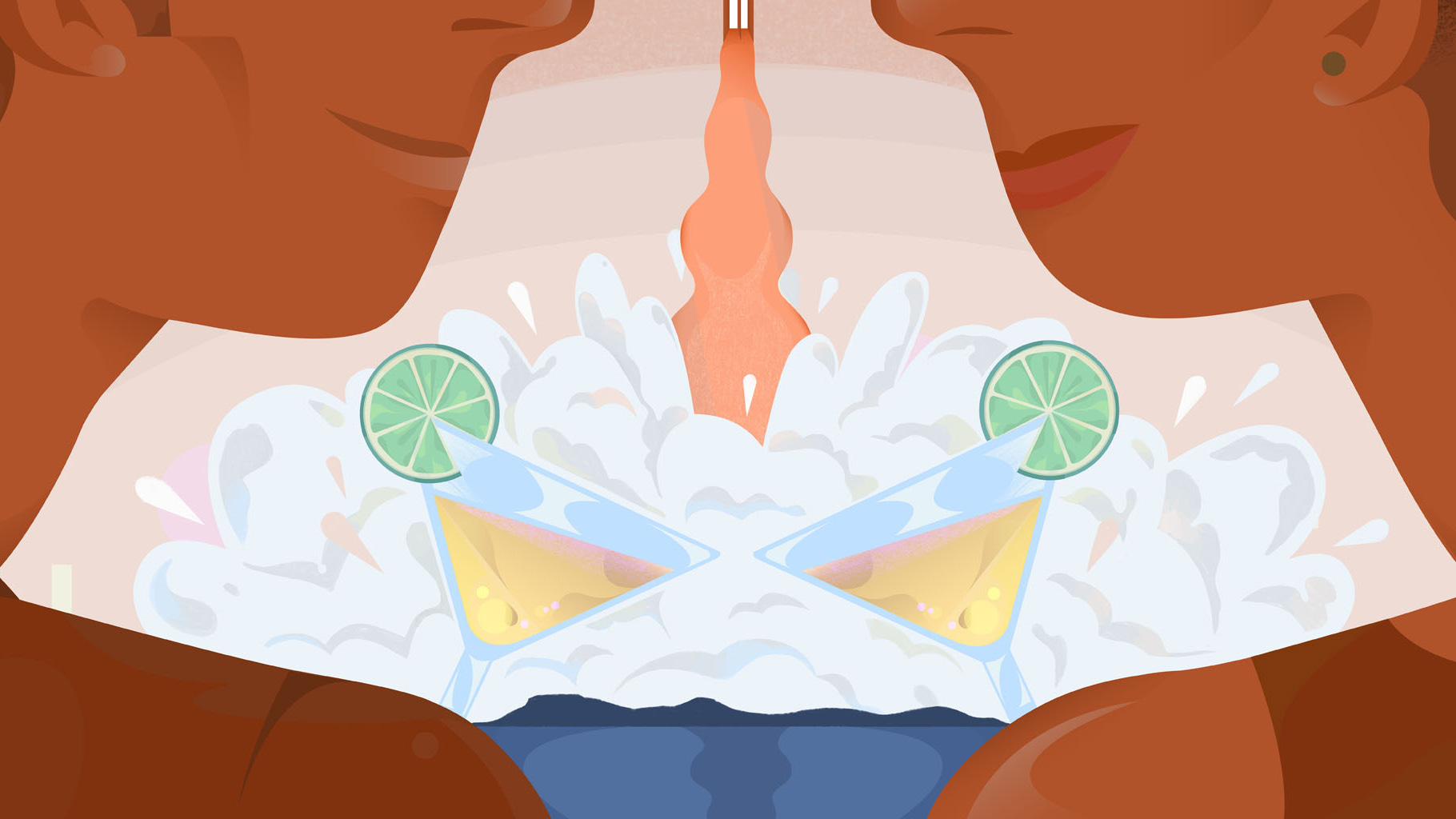Scott McLeod Missed His Chance to Go to the Moon...But Landed the Love of His Life
As a young test pilot for the Apollo missions, he had one dream. It never took off — at least not the way he'd planned.
Plumes of smoke erupted under the rocket’s thrusters as it rose from the launch pad at Cape Canaveral, into the clear blue Florida sky. Leaving the Earth’s atmosphere felt to Scott MacLeod like the peak of an enormous swing. The future of the Cold War and the fate of a nation rode on this rocket, the Saturn V, the same rocket that in 1969 would blast man to the moon. This launch was a suborbital test, making Scott only a “test astronaut.”
Going to the moon was his deepest desire. Although he understood the importance of his contributions to the Space Race, like testing the famous “Eagle” lunar module, he still harbored a friendly jealousy for those astronauts whose “stuff” was more “right” than his. Deeper still was the grief that resonated from the recent death of his wife, who had succumbed to cancer the previous year.
Then in 1970, when NASA cancelled its final planned lunar missions, Apollo Missions 18, 19, and 20, Scott felt very lucky to have been part…
Keep reading with a 7-day free trial
Subscribe to Narratively to keep reading this post and get 7 days of free access to the full post archives.




